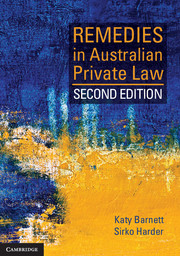International law is a projection of the imagination and professional identity of the practitioners in the field. Take a diligent, somewhat idealistic Delegate X who participates in a major event in international law: the negotiations on the Statute of the International Criminal Court (ICC), starting with the Ad Hoc Committee in 1995, continuing in the Preparatory Committee and culminating at the Diplomatic Conference in Rome in 1998. What takes place when the ambitious ‘world public opinion’ expectations for international law are supposed to be made everyday life by the delegates? How does X, a single committed person, play his or her role as a tiny part of the global reform machinery? What is the anatomy of the engagement: professionalism and a comfortable exit from the intolerable world of human suffering and injustice? What kind of mechanisms govern the vertiginous scenes of genocide, champagne and flirt? Do the everyday worlds of violence and of welfare touch each other only slightly, in the name of international law, just in order to disappear again in their own, irresistible orbits?
